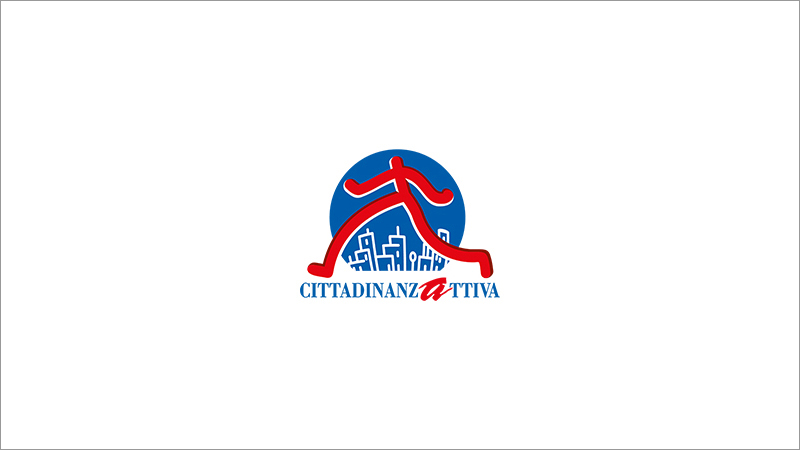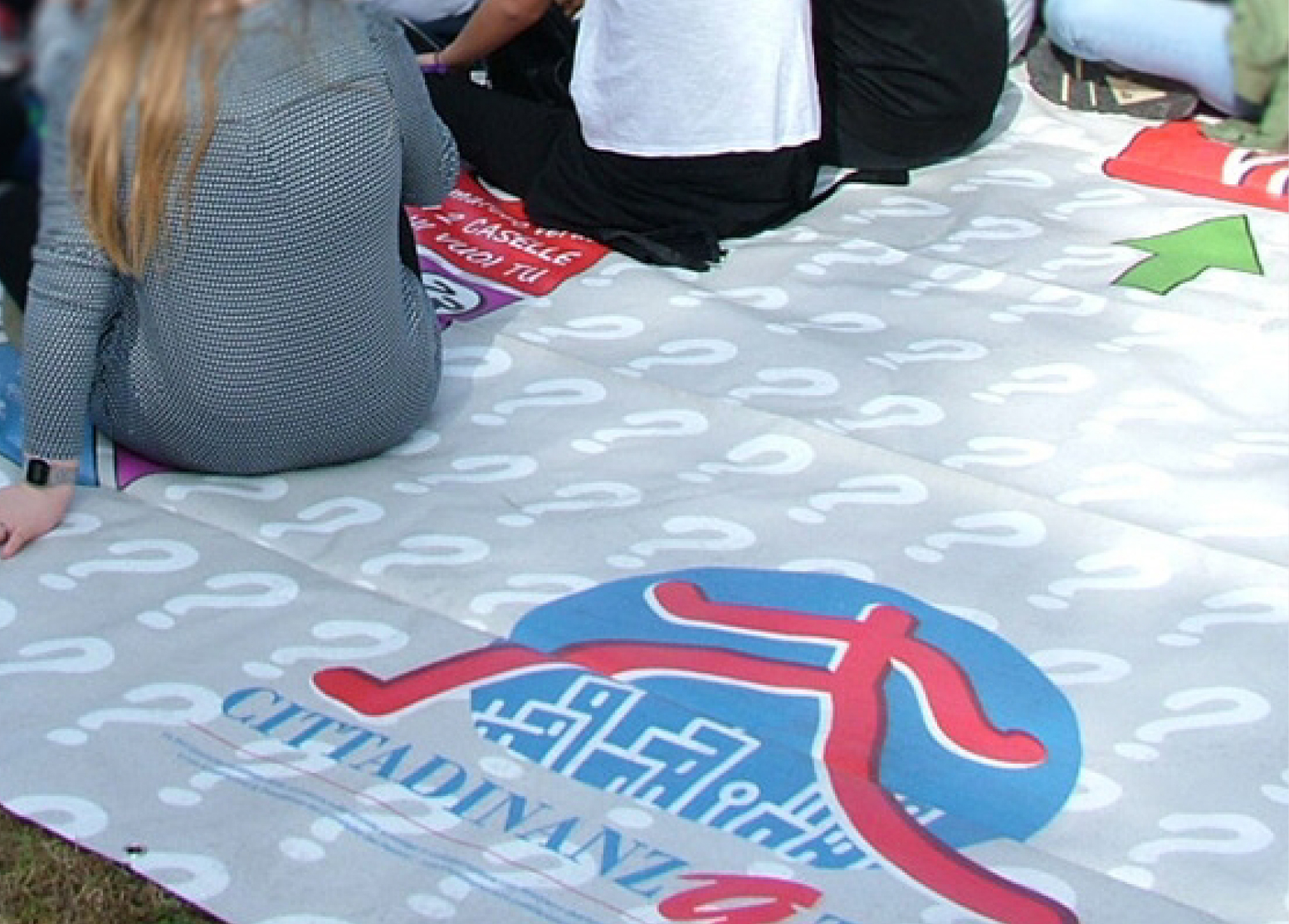“Treatments withour borders: is it now possible?”:
Cittadinanzattiva: Directive is a challenge to grasp. Attention to the economic risks and potential disputes for reimbursement
“A legislative decree which will take the opportunity to reduce regional differences and that, firstly, ensure direct assistance to citizens to avoid the Directive on cross-border care becomes an opportunity only for the rich. And above all we ask for a formal act of involvement of our association in the implementation of the Directive”, this is what Tonino Aceti, national coordinator of the Tribunal for Patients' Rights-Cittadinanzattiva, asked today, during the event "Treatments Without Borders: now can you?". The event was sponsored by the Association on the implementation of the European Directive on cross-border care that goes into effect tomorrow, October 25 throughout all the Member States of the EU and that Italy has committed to implement by December 4, with the appropriation ad hoc, in the Law of Stability for 2014 of 121 million euro, of which Cittadinanzattiva requests that a party is destined to a widespread information campaign for citizens.
“The Directive has a positive plant, and it can become a tool not only to heal traveling, but to claim that in every place of care, in every state, region or local health services, there is the possibility to have equal rights to access to healthcare, information on the free choice, innovation, quality and safety of care, to the complaint. It is therefore a challenge for everyone, and it is for that reason that Italy must make available to the public, and not just to insiders, the data on the quality and safety of the structure, content, for example in the program and the outcomes of Agenas same civic Audit of our Tribunal for Patients' Rights”.
Where are we, in Italy and in other Member
Italy: the legislative decree implementing the Directive is still in progress, it has been scheduled the enactment by 4 December. It has been activated the National Contact Point (NCP) at the Ministry of Health, but the same is not yet active. There is no information on the presence and the references of the NCP or a web page dedicated. The same applies to the regional contact points, which would seem expected in Veneto, Liguria, Trent and Aosta Valley. Patients' associations and citizens were not at the time, involved and were not detected in the centers of excellence of our country.
From the survey conducted by the European associations participating in the European Network of Cittadinanzattiva ACN (Active citizenship network), it appears that:
Transposition laws Transposition laws are being discussed national laws implementing the Directive in Austria, Croatia, Estonia, France, Malta, Norway. Germany has said it will not make an ad hoc law, because many of the provisions of the Directive are already contained in other laws or acts already in force.
Formal involvement of associations of citizens: formal public consultations have been carried out Austria, Estonia, France and Norway.
National contact point: at the moment is active only in Latvia, but provides little information to citizens.
European organizations are concerned that the Directive leaves the Member discretion and an excess of fear that the continuing cuts to public health do not make receivable actually some of the same principles. In addition, they disapprove the citizen should advance the costs of the service and that it is essentially alone in the process of selection and orientation. In addition, the poorest States, or high-impact tourism, it is feared that mobility goes to the disadvantage of the residents because of the risk of increased waiting times and a debt of its health service.
“The problems that can arise from the implementation of the Directive are of two orders, "- continues Aceti. “In the first place the economic risks for the public: we come from a reimbursement system that, on paper at least gives direct assistance to all those who choose to go abroad for treatment and some regions cover all the costs, with the directive instead, you risk a refund only after sustained performance and, moreover, the same could be partial, that is, without living expenses and any possible differences between the cost of the benefit and cost in the country of residence in the State, "treating", except that would weigh on people's pockets. Secondly, the risk borne on the States: on the one hand for the probable increases in disputes arising from indirect assistance, the other for inappropriate admissions determined by the fact that citizens, especially those suffering from chronic and rare diseases, may choose the countries at the forefront of innovative prescription drugs of which, according to the new directive, they could use in hospitals and ambulatory. In both cases, Italy is a country at risk because the city could suffer at the European level the distortions of our regional federalism and why, with reference to the drug market, we know that in our country spend an average of two years from 'approval of a new drug by Ema its actual availability to patients Italian”.
To be cured beyond borders: what happens today in Italy, from the reports received by the PIT health
During 2012, the Court for Patients' Rights has received 269 alerts on the subject of treatment abroad. Over a third of people (36%) complained about the failure or delay authorization by ASL residence, and another 27% reported excessive bureaucracy or the lack of information on the procedures, 23% rejection authorization; 13% of problems related to the reimbursement of expenses. Citizens in some cases, have had access to loans and grants to anticipate the cost of travel or deal with the delay in repayment. And the aspects related to the cost of treatment abroad, as anticipated, does not seem to be "healed" by the new Directive: on the contrary, the fear that the obstacles they move from side to economic administrative-bureaucratic seems realistic. Still from the reports, it appears that 35% of citizens going abroad for surgery to perform highly specialized; 29% to access to innovative therapies, 18% for diagnosis, 13% to specialist visits; 5 % to undergo a transplant. Treatment abroad are requested most frequently by patients with oncological diseases (32% of cases have come to the TDM) with neurological disorders (30%), with rare diseases (17%), with cardiological problems (13%) or orthopedic nature (8%).











